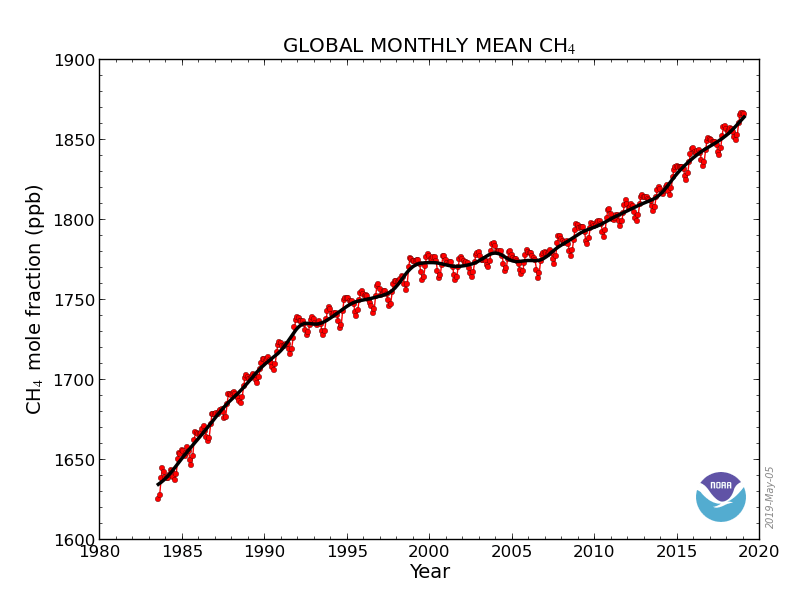Note: This post is the foreword to a policy paper on existential climate and security risks released today by Breakthrough. It is written by Retired Admiral Chris Barrie, who was Chief of the Australian Defence Force from 1998 to 2002.by Admiral Chris Barrie, AC RAN Retired
In 2017-18, the Australian Senate inquired into the implications of climate change for Australia’s national security. The Inquiry found that climate change is “a current and existential national security risk”, one that “threatens the premature extinction of Earth- originating intelligent life or the permanent and drastic destruction of its potential for desirable future development”.
I told the Inquiry that, after nuclear war, human- induced global warming is the greatest threat to human life on the planet. Today’s 7.5 billion human beings are already the most predatory species that ever existed, yet the global population has yet to peak and may reach 10 billion people, with dire implications absent a fundamental change in human behaviour.
This policy paper looks at the existential climate-related security risk through a scenario set thirty years into the future. David Spratt and Ian Dunlop have laid bare the unvarnished truth about the desperate situation humans, and our planet, are in, painting a disturbing picture of the real possibility that human life on earth may be on the way to extinction, in the most horrible way.



